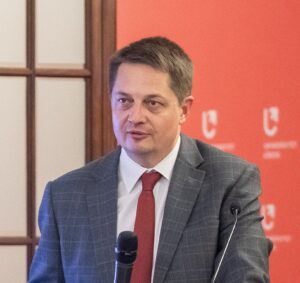Abstract
This seminar examines the mechanisms underpinning China-led multilateral formats in the Global South, assessing whether Beijing pursues a uniform strategy or tailors its approach to different regions. Drawing on four case study frameworks, China-ASEAN, Forum on China-Africa Cooperation (FOCAC), China-Central and Eastern Europe, and China–CELAC, the study identifies four key practices through which China manages relations: exercising discursive power, cultivating elite diplomacy, media messaging, and steering economic interactions. The analysis highlights the bilateral and informal character of these practices, arguing that such an approach enables China to maintain a dominant position while exploiting divisions within participating countries. Informal networks, often framed as non-interference, reinforce the asymmetrical nature of these relationships and consolidate China’s role as the principal power. Moreover, the discussion integrates comparative case studies, Brazil, Cambodia, Chile, Kenya, Poland, Serbia, South Africa, and Thailand, situating them in the context of recent global shifts, and China bilateral practices within the multilateral formats. Mierzejewski’s talk is based on the research published by Routledge 2025 (October) under the title “China’s Vertical Multilateralism and the Global South. Narratives, Networks, and Money”.
About the Speaker
Dominik Mierzejewski is Professor at the University of Łódź, where he leads the Department of Asian Studies and the Centre for Asian Affairs (think-tank), specializing in China’s political discourse, local China, and China’s international behaviours. Mierzejewski studied at Shanghai International Studies University and was a visiting professor at the Chinese Academy of Social Sciences. He is the author of China’s Provinces and the Belt and Road Initiative (Routledge, 2021) and has published in journals such as Asian Affairs and the Journal of Contemporary China. He serves as a Principal investigator in grants supported by the Polish National Science Centre and the Ministry of Foreign Affairs in Poland.



 Add to Google calendar
Add to Google calendar
 Add to Outlook calendar
Add to Outlook calendar

